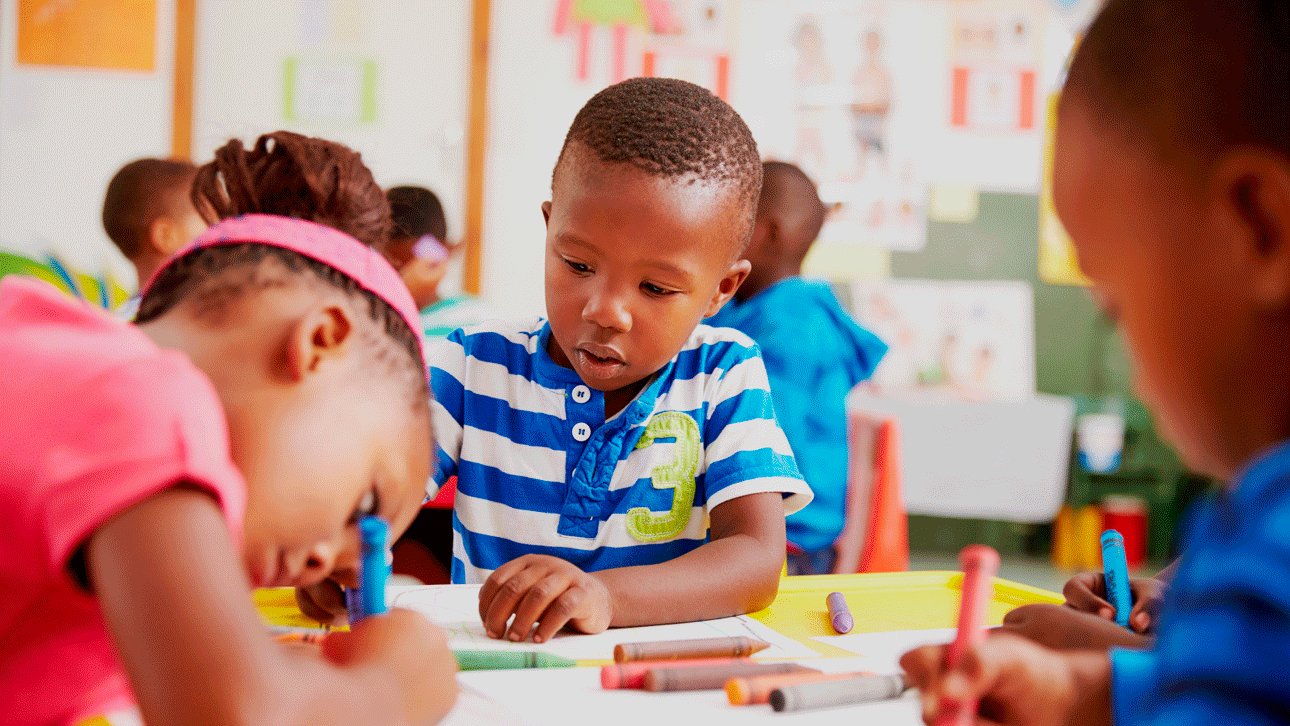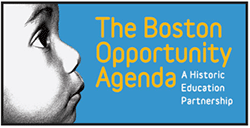A Strong Educational Foundation
Early Literacy
Children who participate in high-quality early education programs are 40% less likely to repeat a grade, 30% more likely to graduate from high school and more than twice as likely to go to college. They develop better language skills, score higher on school readiness tests and have fewer behavioral problems once they enter school. Finally as adults, they have higher annual earnings and are more likely to be homeowners.
Goal: Percent of students ready for kindergarten as measured by the DIBELS.
Reading Proficiency
From 1st to 3rd grade, students are learning to read and from 4th grade on they must be able to read to learn. “One in six children not reading proficiently in 3rd grade fail to graduate from high school on time, a rate four times greater than that for proficient readers,” says the Annie E. Casey Foundation. "Black and Hispanic children who are not reading proficiently in 3rd grade are about twice as likely as similar white children not to graduate from high school."
Goal: Percent of third graders reading proficiently at the end of third grade as measured by MCAS.

Impact Story: Birth to Eight Collaborative
he Boston Opportunity Agenda is working with parents and more than 200 representatives from early education centers, family day-care centers, nonprofit organizations, schools, public health, philanthropy, government and medical institutions to create a citywide plan for children from birth to age eight.
